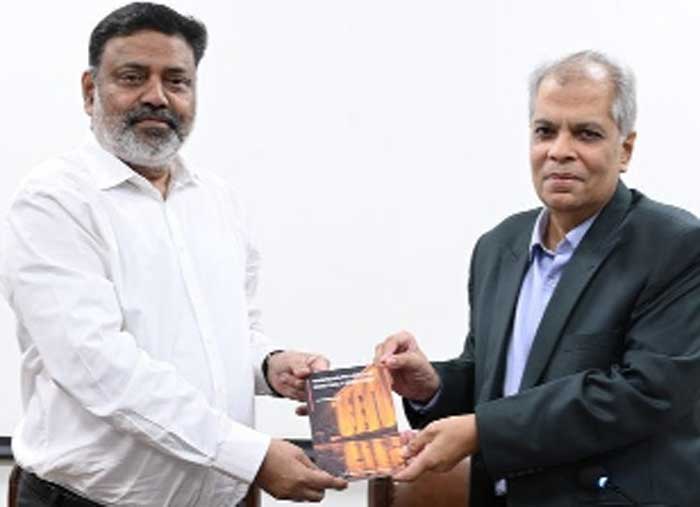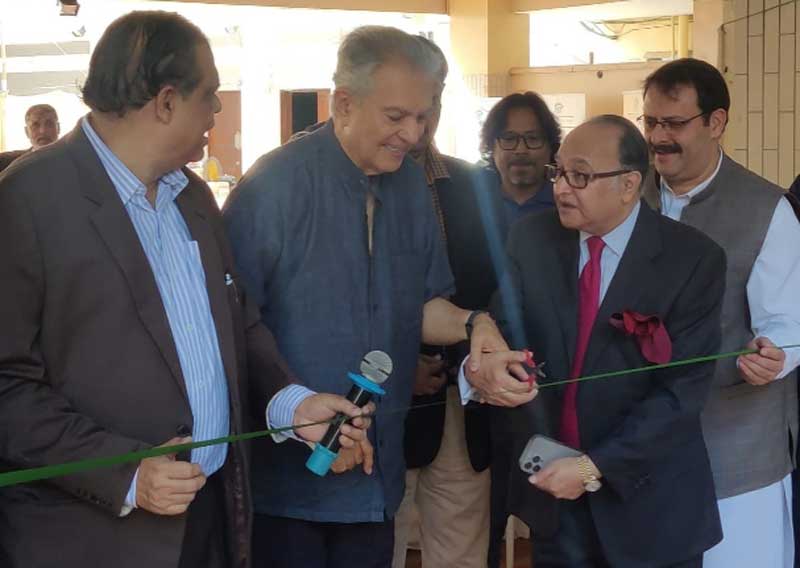TFD Report
KARACHI: The University of Karachi recently hosted a distinguished lecture on “Managing Projects in Pakistan,” coupled with the launch of a book authored by Saeed Ahmed Shaikh, Director of Planning and Development. The event, a significant milestone in the academic and professional discourse on project management, focused on critical challenges and actionable solutions for managing public sector projects in Pakistan.
The dual-purpose event drew a diverse audience, including faculty members, project management professionals, and the esteemed Vice Chancellor of the University of Karachi. With its aim to promote an exchange of innovative ideas, the session spotlighted key strategies for improving the planning, execution, and sustainability of public projects.
During the lecture, Shaikh shared his expert perspective on navigating the complexities of public sector project management in Pakistan. He outlined pressing issues such as inefficient resource allocation, bureaucratic delays, and lack of stakeholder engagement, which often hamper the success of such projects. Highlighting the importance of integrated planning and transparency, he called for a more collaborative approach between government bodies and private sectors to ensure project efficiency and long-term impact.
The event also marked the launch of Saeed Ahmed Shaikh’s book, which delves deeply into the intricacies of project management in Pakistan. The book offers readers a comprehensive analysis of the challenges and opportunities in public sector project implementation, providing a roadmap for improvement. It blends theoretical knowledge with real-world examples, making it a valuable resource for both academics and practitioners.
The audience actively engaged in discussions, raising pertinent questions and sharing insights based on their own experiences. The interactive session underscored the need for capacity building and skill development in project management, particularly in the context of Pakistan’s evolving socio-economic landscape. Participants agreed on the importance of adopting modern tools and methodologies to streamline project workflows and enhance accountability.
The Vice Chancellor of the University of Karachi commended the initiative, emphasizing its significance in addressing critical gaps in Pakistan’s public sector. He expressed hope that such platforms would inspire future innovations in project management and drive sustainable development.
The event not only provided a platform for learning and collaboration but also set the stage for addressing systemic issues in project management. By fostering a dialogue between academics and professionals, the session highlighted the collective responsibility of stakeholders to improve the effectiveness of public projects.
The distinguished lecture and book launch reaffirmed the University of Karachi’s commitment to fostering intellectual growth and contributing to national development. With a focus on actionable solutions, the event left participants with a renewed sense of purpose and a clear vision for advancing project management practices in Pakistan.




